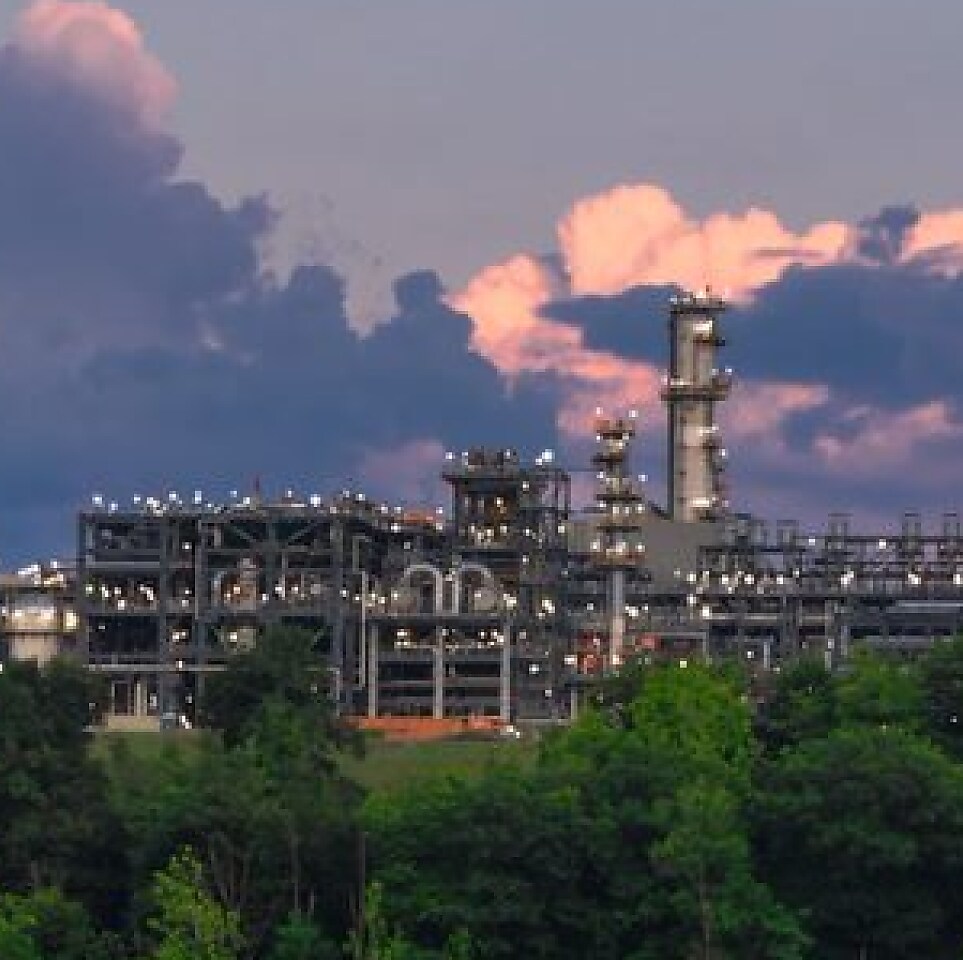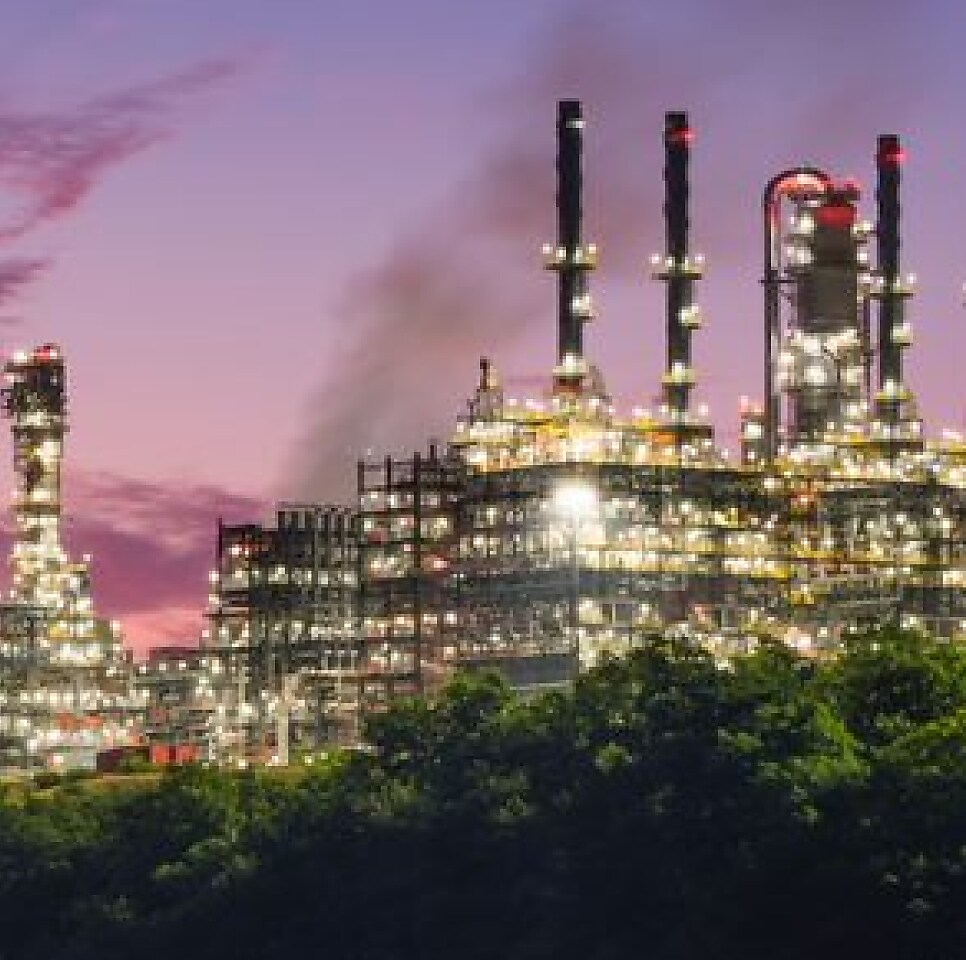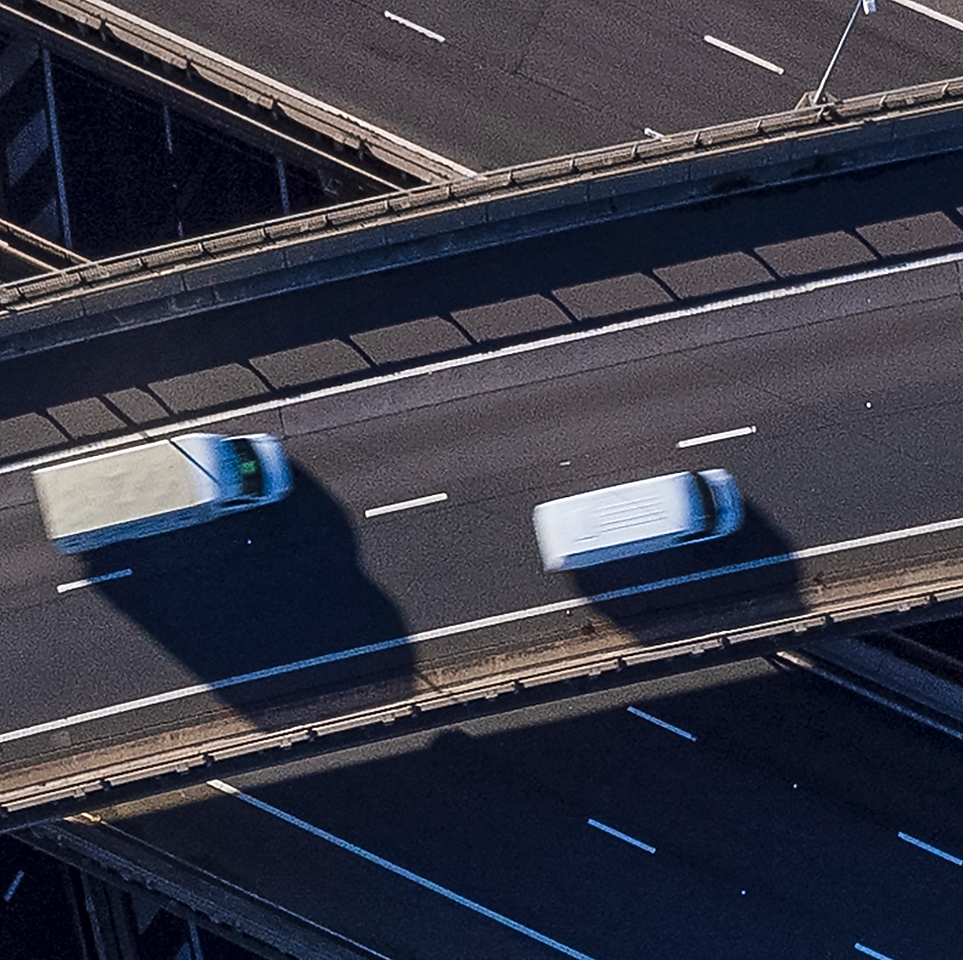
A Plastics Supplier That Gets Your Resin Right the First Time (and Every Time)
Shell Polymers has pulled out all the stops to ensure our Pennsylvania polyethylene plant produces on-spec grades that run properly on our customers’ machines.
To minimize inefficiency, waste, and troubleshooting delays in production, converters need resins that meet strict quality and consistency standards.
Shell Polymers has pulled out all the stops to make sure our new Monaca, Pennsylvania polyethylene plant will be ready to produce on-spec grades that run on our customer's machines, right out of the gate, and every time after that too.
From ‘First Pellet’ to All That Follow
As the Shell Polymers team prepares to launch operations at our newly built polyethylene plant, we know that converters demand a positive first impression from their polymer supplier.
We are working to build a (Real)ationship with customers, and real relationships are built on trust and delivering on promises.
That’s why we’ve put significant planning and foresight into our plant startup.
Our equipment, testing procedures, facilities, and attentive ear to converter needs will all help ensure that the polyethylene plant will be ready from “first pellet,” as we say in the industry, to every pellet that follows.
Relying on purposefully designed facilities, deliberate product choices, qualification procedures, and expert teams, we will ensure that the polyethylene resin we sample to customers meets their standards.
We won’t sell any products into the market until we feel confident they’re ready.
Facilities Purpose-Built for Resin Quality and Consistency
To produce a high-quality, reliable pellet from the get-go, we rely on our laboratories, as well as our Innovation Center, Application Hall, and expert polymers team.
These facilities help ensure that we provide a high-quality pellet every time. For example, our analytical lab analyzes pellets from the reactors to verify that the polyethylene resin has the correct molecular and chemical properties.
Just as important as producing a good initial product, our rigorous qualification process is designed to ensure that we can reproduce the same high-quality grades, again and again – and that those products are able to run smoothly on converters’ own equipment.
One of the ways we will do this from startup is producing our grades more than once during qualification, ensuring we can repeat the same on-spec polyethylene resin.
We can also rely on the commercial-scale equipment in our Application Hall to help us determine that our resins will run smoothly on customers’ own machines. The hall helps us qualify materials internally on commercial-grade equipment, before product ever reaches customers.
Our expert personnel come into the play throughout the process, but are particularly important during the final steps, when we run our resins on these machines.
Our team has experience with converter machines, so they can tell whether a machine is running properly or not from the jump. Those polymer experts can interpret and evaluate how a resin is performing on a machine, and determine any tweaks we need to make to produce a grade our converters will want to run. an on-spec grade.
Ears Wide Open
And speaking of our expert team, those professionals listen to customer feedback and needs. That’s because we know that transparency is a big deal in a (Real)ationship.
Over 1,000 hours of interviews with converters helped inform how we designed our polyethylene plant. That includes supply chain considerations. For example:
- We’ve invested in leading bulk trucking capabilities, with loading that takes just 20 minutes.
- Meanwhile, we’ve put a GPS unit in every railcar, which will give converters peace of mind and visibility into their shipment location.
We don’t plan to stop listening once the polyethylene plant is operational. Expect our team to provide quality answers to your questions and quality data about your resins.

Disruptions Hurt Converter Profits
Minimizing delays will maximize profits. Learn how that can happen with consistent customer support, friction-free tools, and more.


